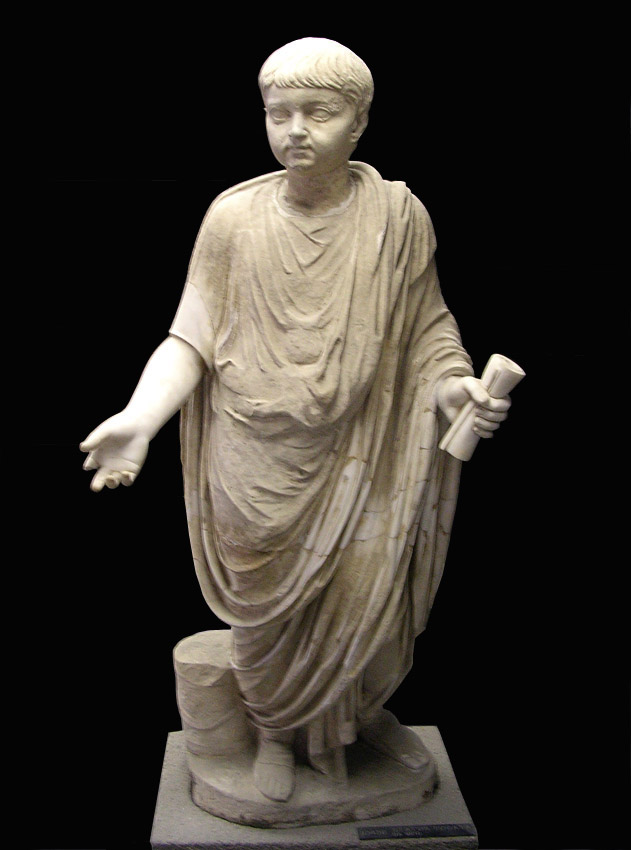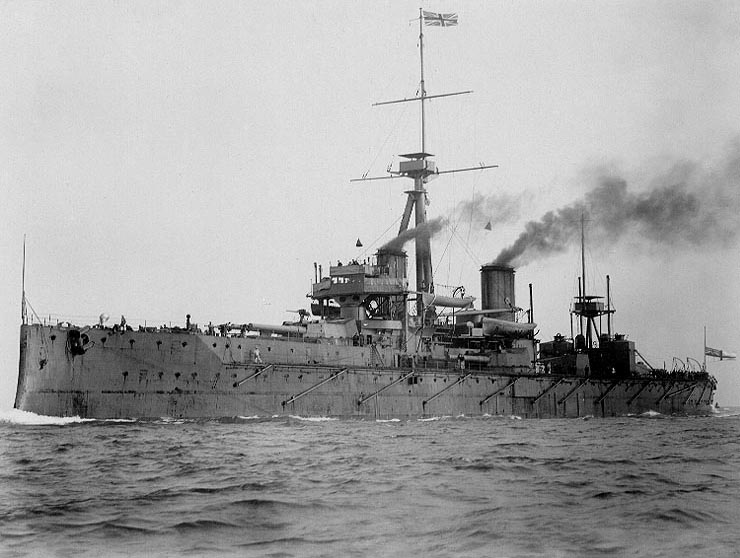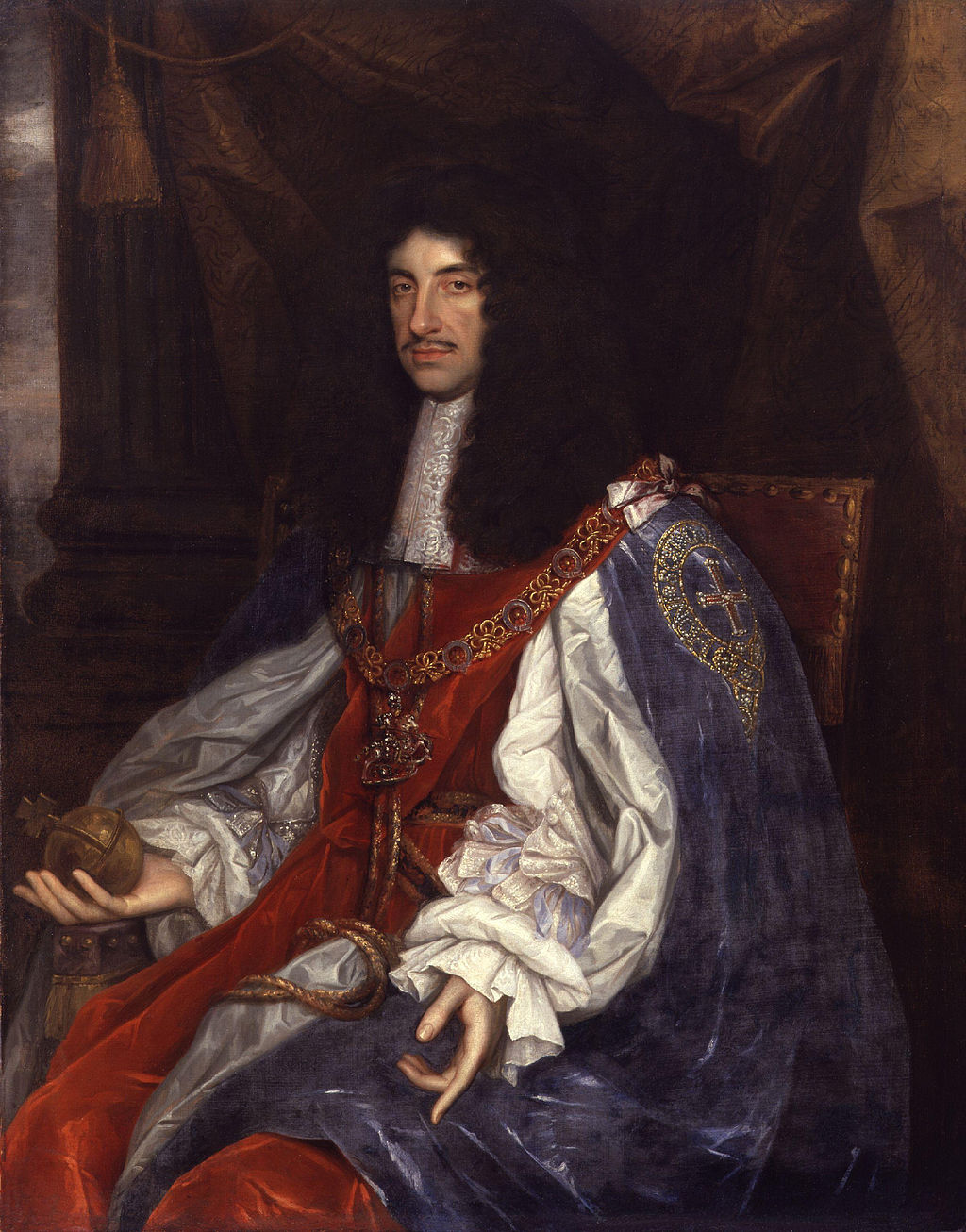 On this day in history, February 9, in 1825, John Quincy Adams was elected President of the United States. By the House of Representatives. Which might seem an odd way to choose Presidents but it has its points.
On this day in history, February 9, in 1825, John Quincy Adams was elected President of the United States. By the House of Representatives. Which might seem an odd way to choose Presidents but it has its points.
Now you may think Presidents are elected by the people. But while it is, ultimately, the popular will that makes a man president, the American Founding Fathers were not “democrats,” a term they associated with advocates of mob rule and the ability of demagogues to subvert the public good by appealing to private gain.
As John Marshall, a leading Federalist politician before becoming Chief Justice of the Supreme Court in 1801 (and remaining there until his death in 1835), “Between a republic and a democracy, the difference is like that between order and chaos.” So they put a number of layers of sober second thought between the public and important political offices. Indeed, not only is the president not directly elected to this day, but in the beginning there was no requirement that anyone cast even an indirect vote for the chief executive.
The Constitution merely says that “Each state shall appoint, in such manner as the Legislature thereof may direct, a number of electors, equal to the whole number of Senators and Representatives to which the State may be entitled in the Congress: but no Senator or Representative, or person holding an office of trust or profit under the United States, shall be appointed an elector.” So they were very concerned that no member of the executive or legislative branches have a say in the actual selection. But they were not concerned that any member of the public have one except indirectly via their votes for State legislators. And even then the Electoral College might, they supposed, refuse to select a candidate preferred by State legislators.
As it happens, two states had direct state-wide elections for Electors in the very first election, Pennsylvania and Maryland. By 1800 it was down to one. As late as 1820, more states chose electors in the legislature than by direct statewide election (9-8, with seven others using some other system of popular voting). And by 1824, it was 12-6-6. After that, statewide elections rapidly became the norm, with only South Carolina holding out until after the Civil War.
The Americans never got rid of the Electoral College in favour of direct presidential elections. And rightly not, in my view. Like our system of choosing as PM the person with the backing of the most MPs, it forces parties to appeal to a broad segment of the electorate instead of just piling up votes in favoured constituencies and ignoring large parts of the country, geographic and demographic. But what, you cry, has any of this to do with the House of Representatives.
Well, the Founders did not envision divisive partisan elections and they did not want them. They expected that sometimes opinion would coalesce around one clearly leading citizen, for instance Washington in 1788 and 1792 and, indeed, James Monroe in 1820; he won all but one electoral college vote. And other times they thought a variety of outstanding candidates would present themselves and no majority would be achieved in the electoral college. And if that were to happen, the election was to be decided by the House of Representatives, not between the top two but the top five finishers, and voting not as individual legislators but with one vote per state.
As another item in this series noted, the election of 1800 produced a highly undesirable and unexpected result, a partisan election and a tie in the Electoral College between the two candidates for the winning Democratic-Republican Party. As a result, the Constitution was amended so that Electors voted separately for President and Vice-President. (And it winnowed the number of candidates from whom the House would choose absent a majority to three.) But 1824 is the only other time there wasn’t a clear winner in the Electoral College, and it happened because the “First Party System” in the United States, between the Federalists and Jeffersonian Republicans/Democratic-Republicans was breaking down along with the reasonable degree of elite consensus that underlay it.
Oddly, the Democratic-Republicans were the victims of their own success in 1820. Having no other party to fight, they started fighting each other, failed to agree on a nominee in 1824, and watched John Quincy Adams, William H. Crawford, Henry Clay and the insurgent Tennessee war hero Andrew Jackson battle to a semi-draw. Adams, son of the 2nd President John Adams, won 84 electoral votes and 7 states. Crawford won 41 and 2. Clay won 73 and 3 and Jackson won 99 and 12.
With our modern democratic, not to say demagogic, spirit we would likely say Jackson won and should have been given the Presidency. But the political elite did not agree. Three of the four contenders were not Jackson and disliked and feared him and his rowdy political style even more than they disliked each other. Clay in particular loathed and feared Jackson (they would be lifelong adversaries in the Second Party System, with Jackson a Democrat and Clay a Whig). So he threw his support to Adams, who won the House vote 13-7 with Crawford getting four states. And it seemed a prudent judgement at the time.
Jackson’s supporters were outraged, especially as their candidate had been the most national one, winning some electors in every region while Adams dominated New England, Clay only won Western states and Crawford only southeastern ones. So they mobilized, and won the 1828 election outright. And it ushered in what was supposedly a more democratic era, though also clearly a far more vulgar and aggressively partisan one.
Since then no election has come close to going to the House, except the stolen election of 1876 where the issue was how to count Electoral College votes.
But before you utter a rousing cheer for Old Hickory, a hero to Democrats until quite recently when they realized his policies on slavery and aboriginals had been appalling, consider that a system that puts layers of judgement and sober second thought between voters and the White House, possibly preventing the choice of someone with a particular kind of demagogic appeal that renders them as unfit for the office as attractive to disgruntled citizens, might have a powerful argument in favour of it today.
Donald J. Trump.
 On this date, Feb. 12 of 1935, the “flying aircraft carrier” U.S.S. Macon catastrophically failed to live up to its name by crashing, and sinking, off Monterey Bay. Now perhaps you didn’t know it ever existed. To which I can only say… neither did I. Maybe there’s a lesson there.
On this date, Feb. 12 of 1935, the “flying aircraft carrier” U.S.S. Macon catastrophically failed to live up to its name by crashing, and sinking, off Monterey Bay. Now perhaps you didn’t know it ever existed. To which I can only say… neither did I. Maybe there’s a lesson there.





